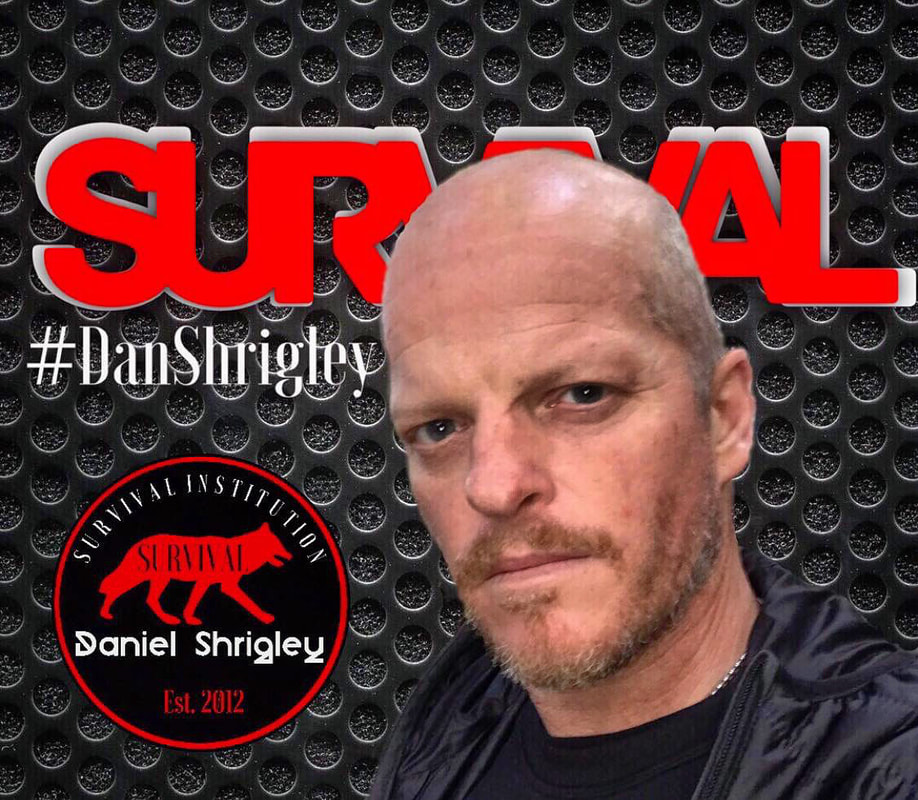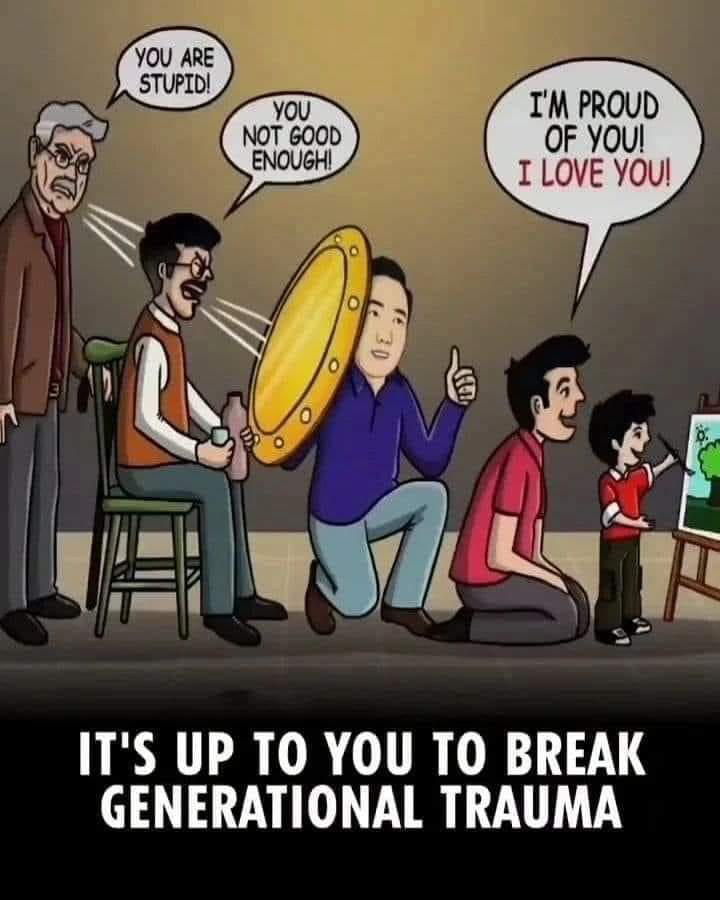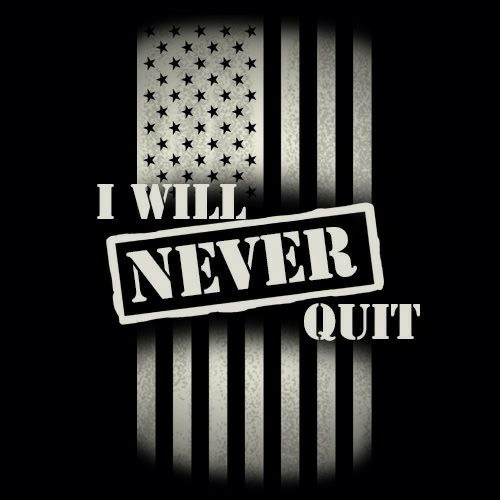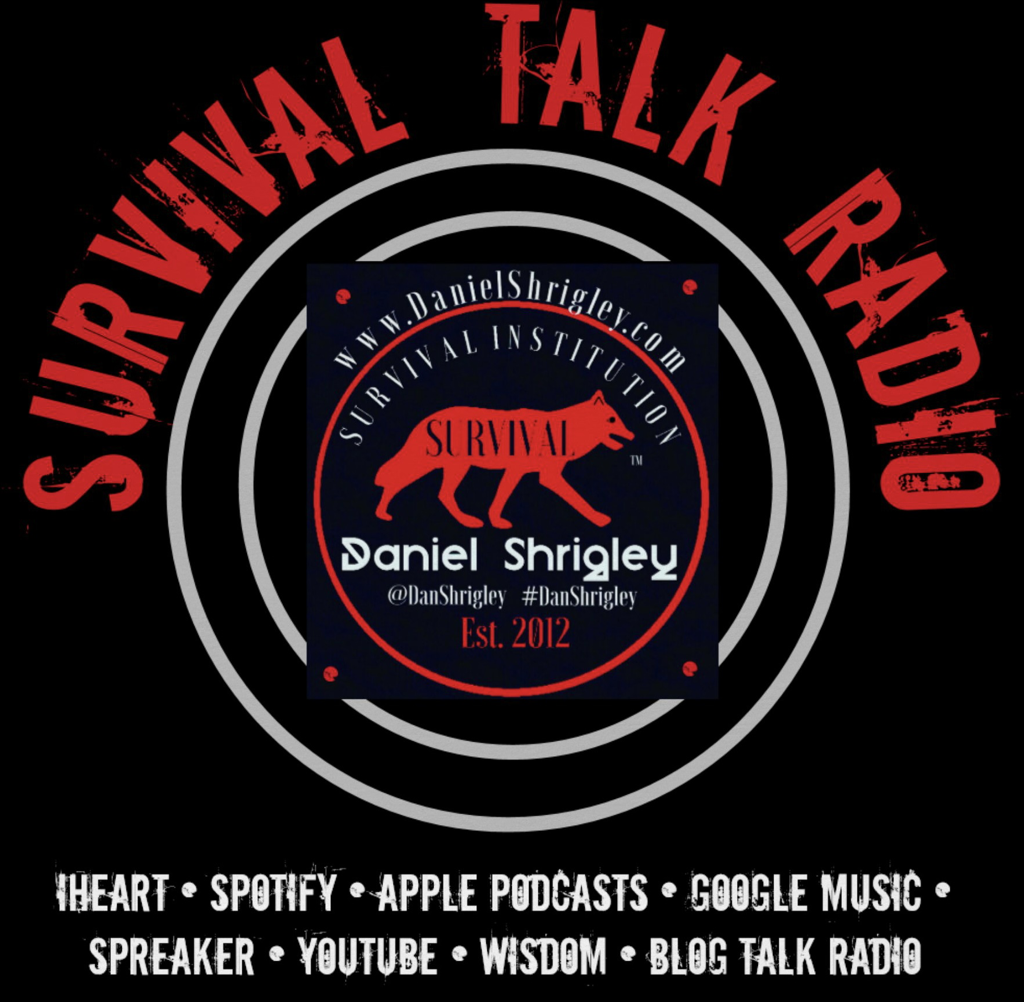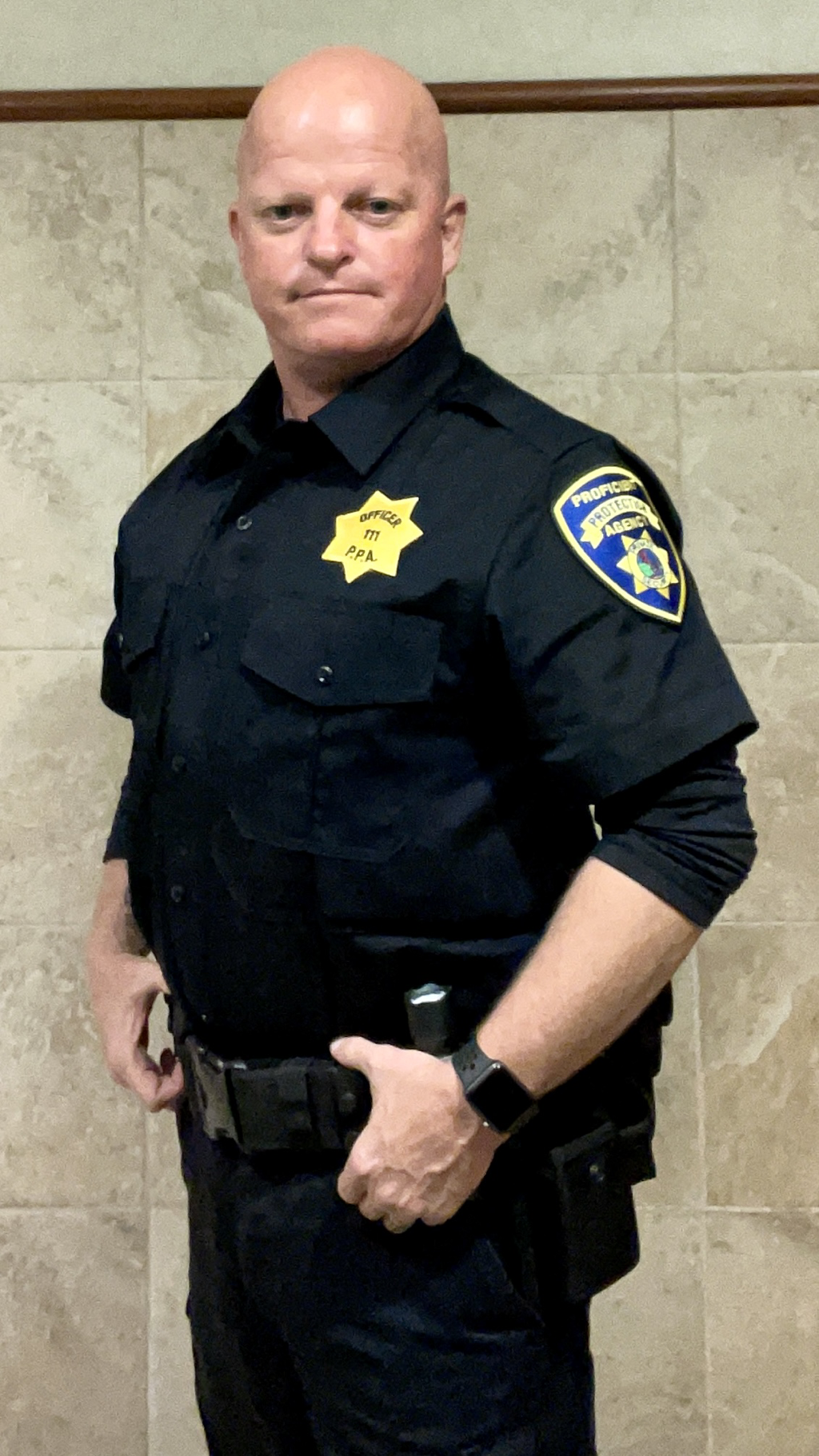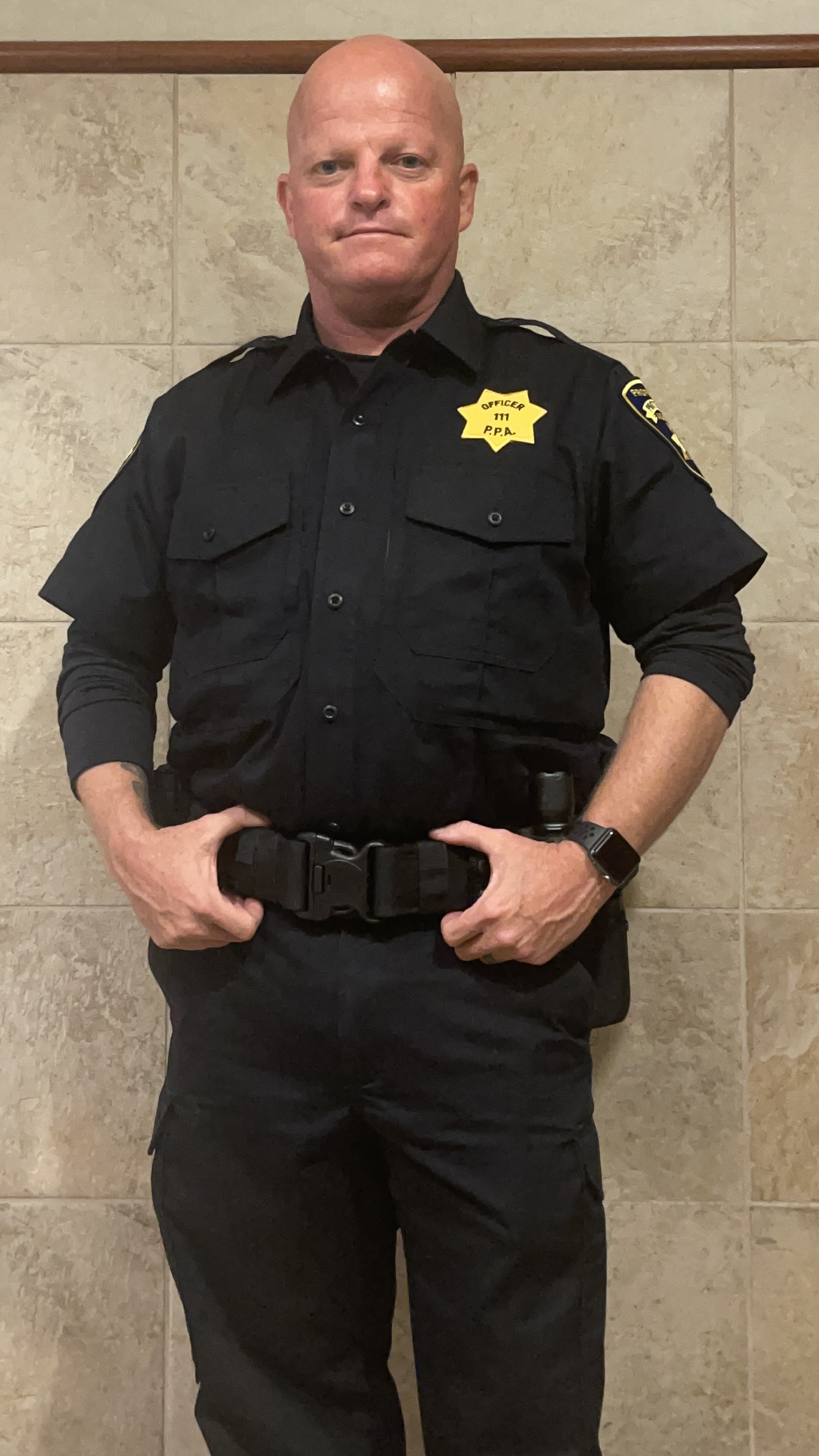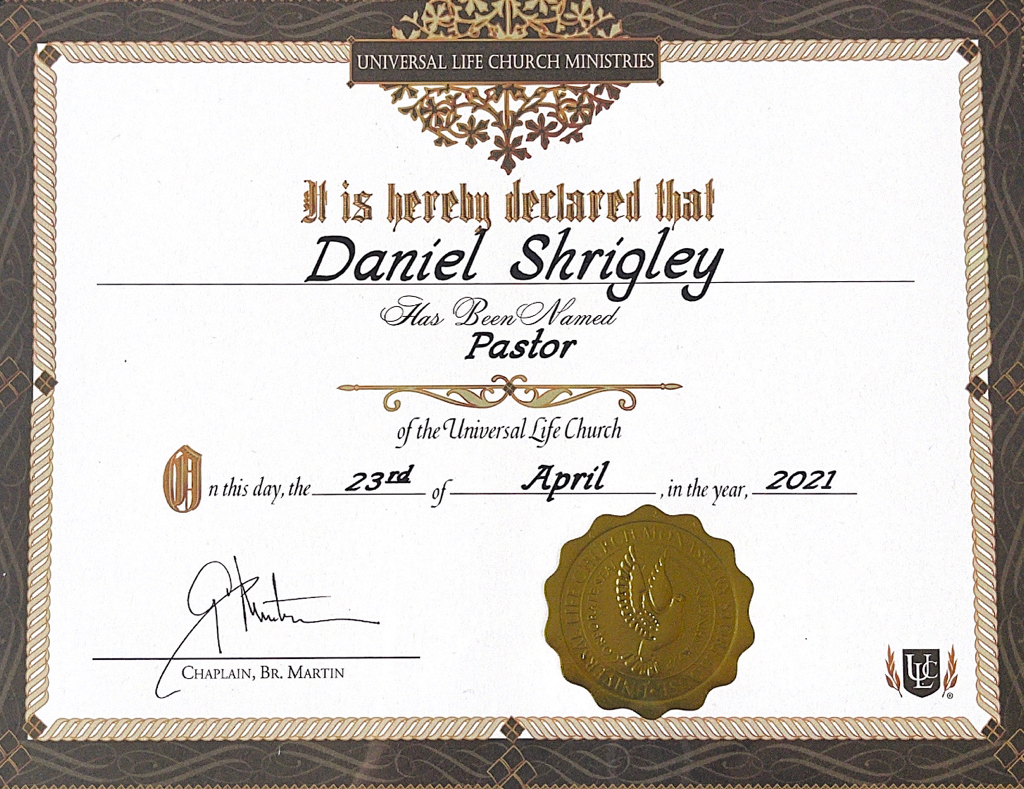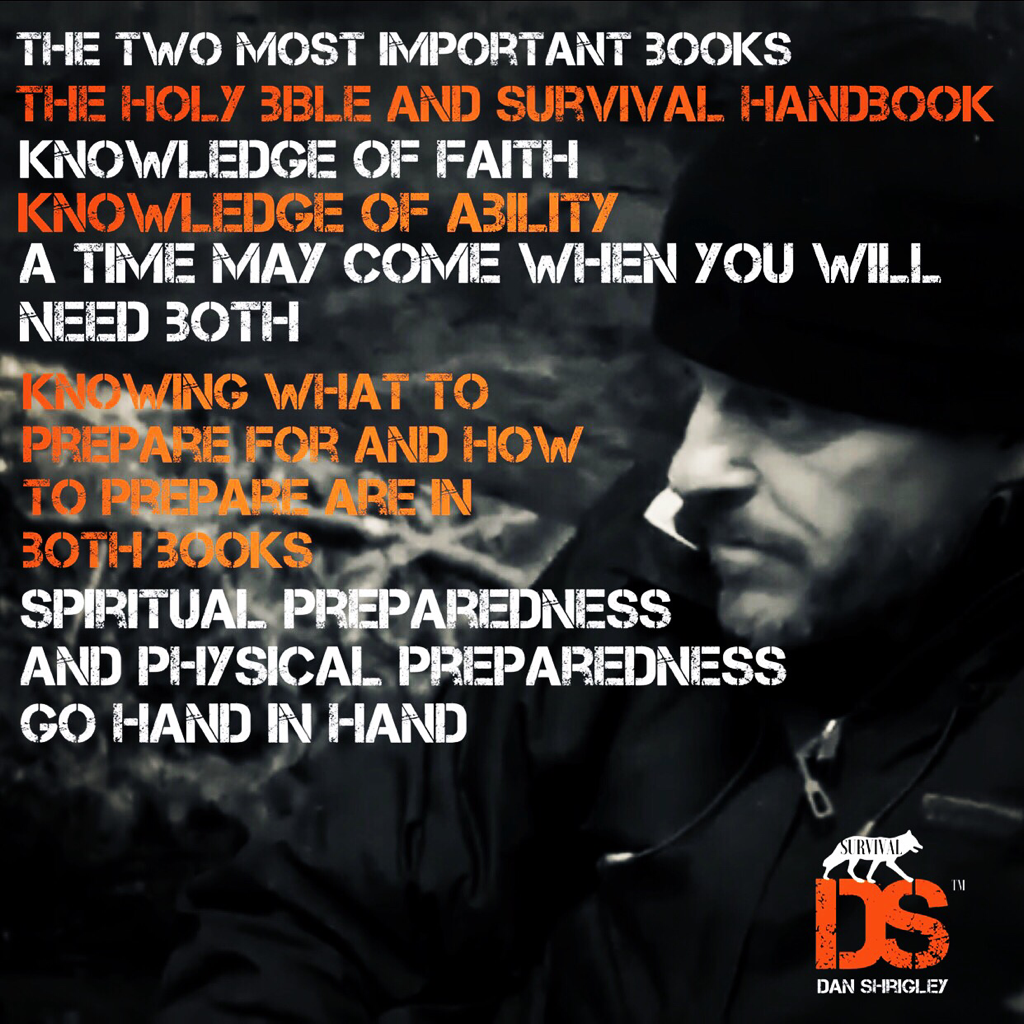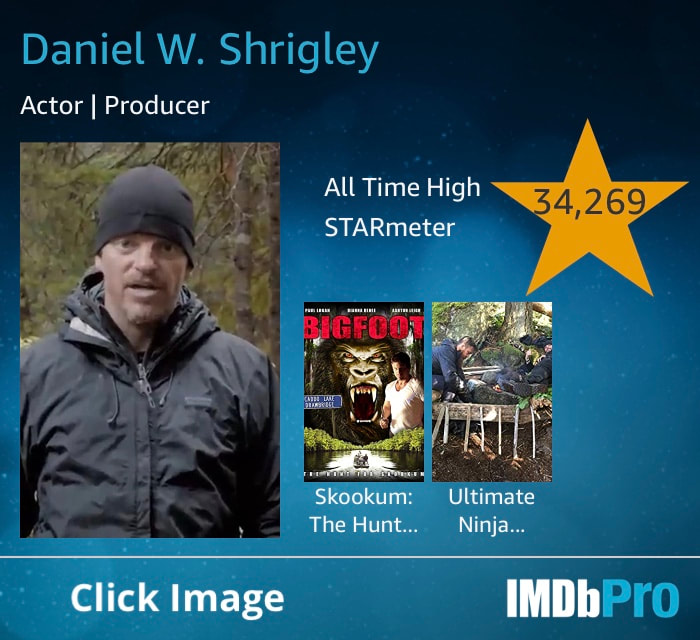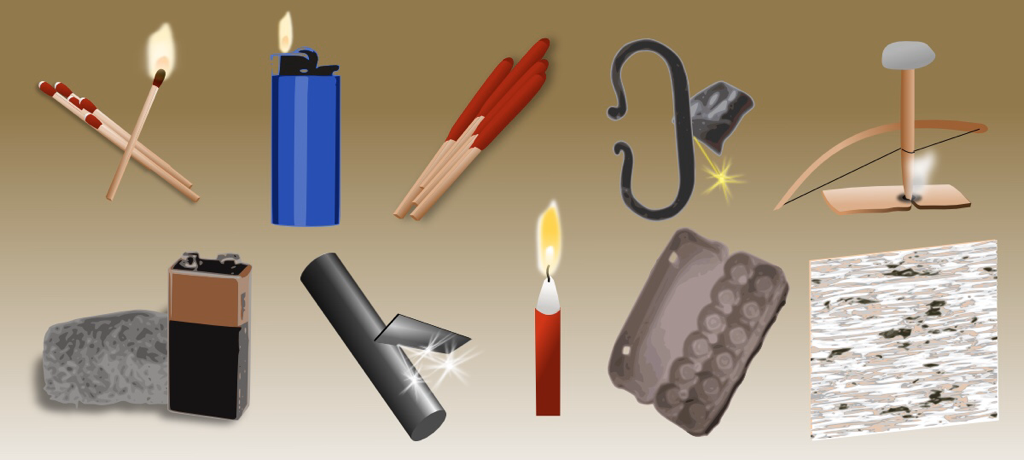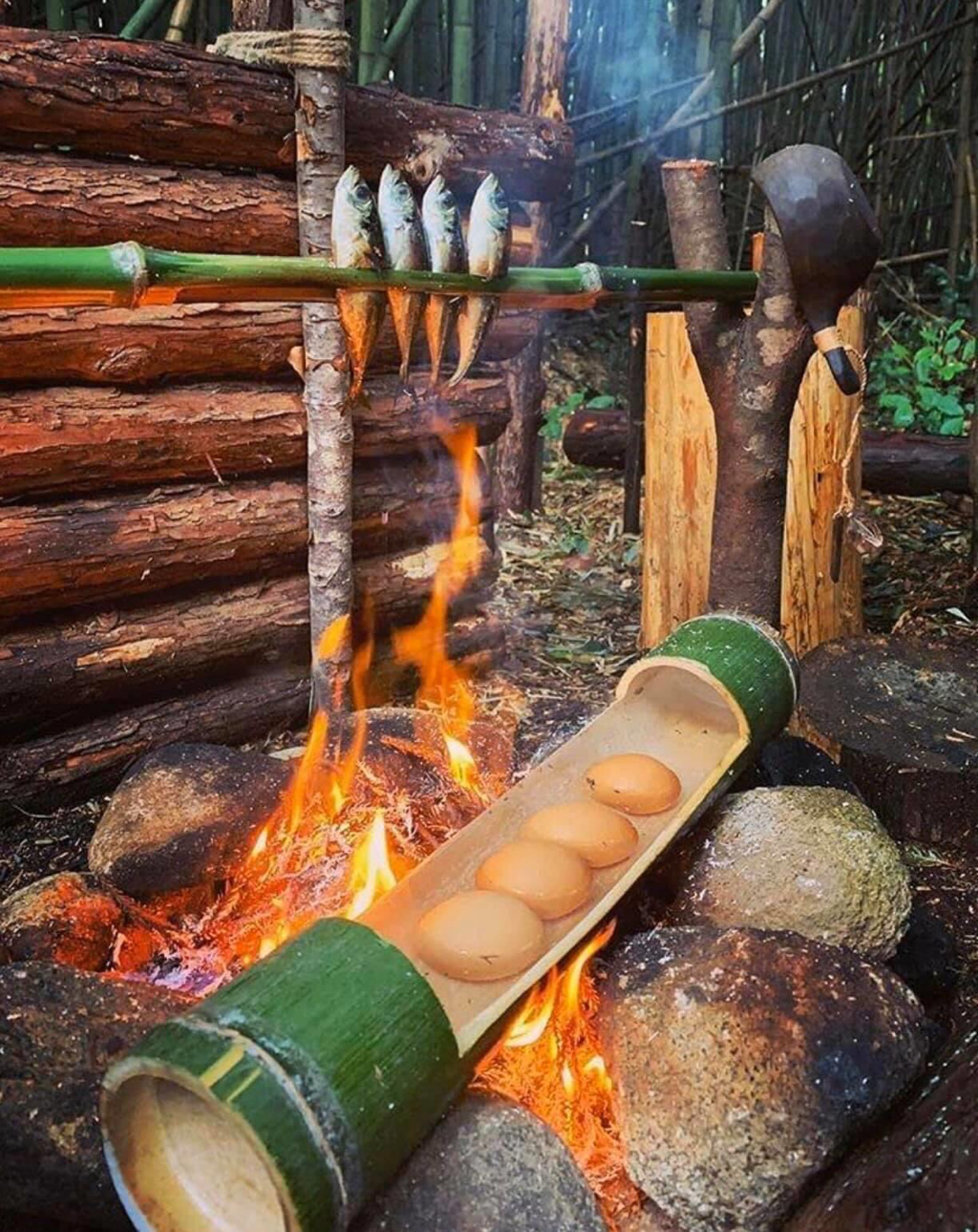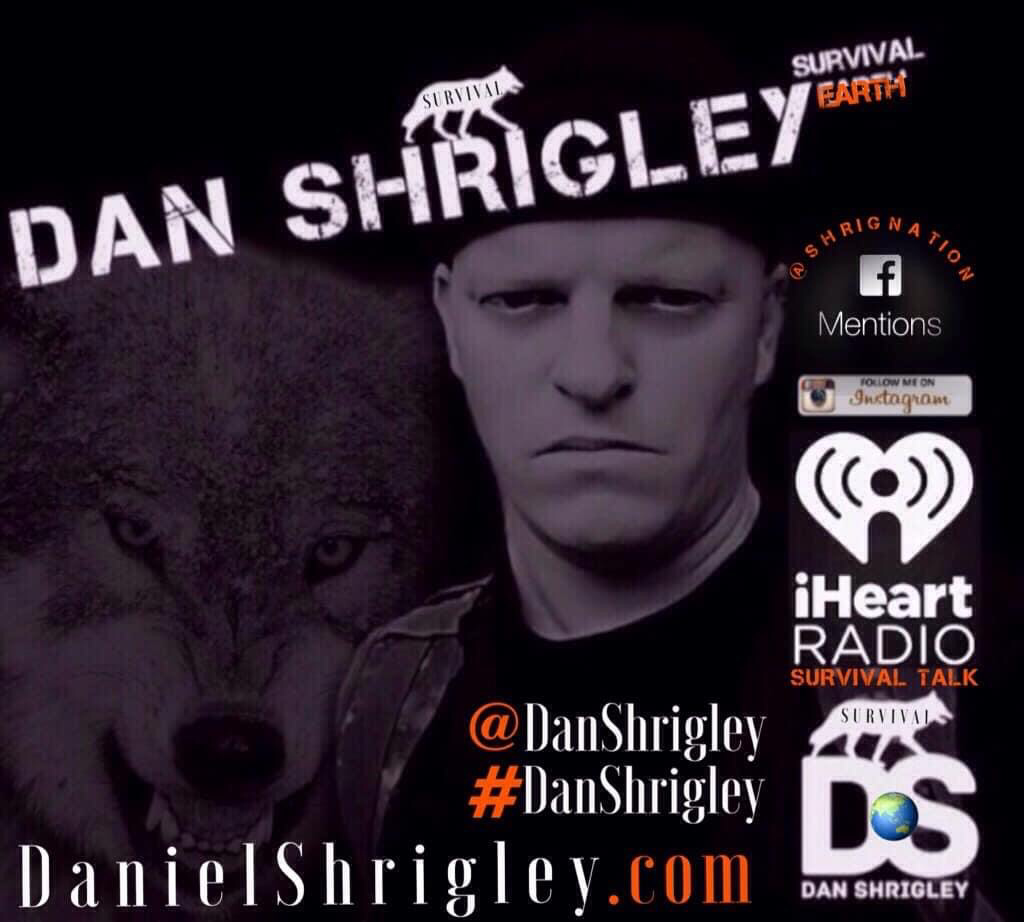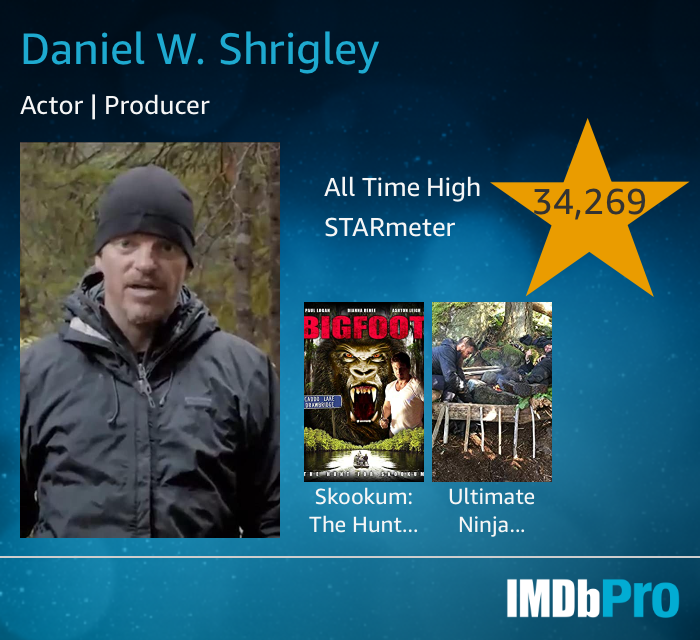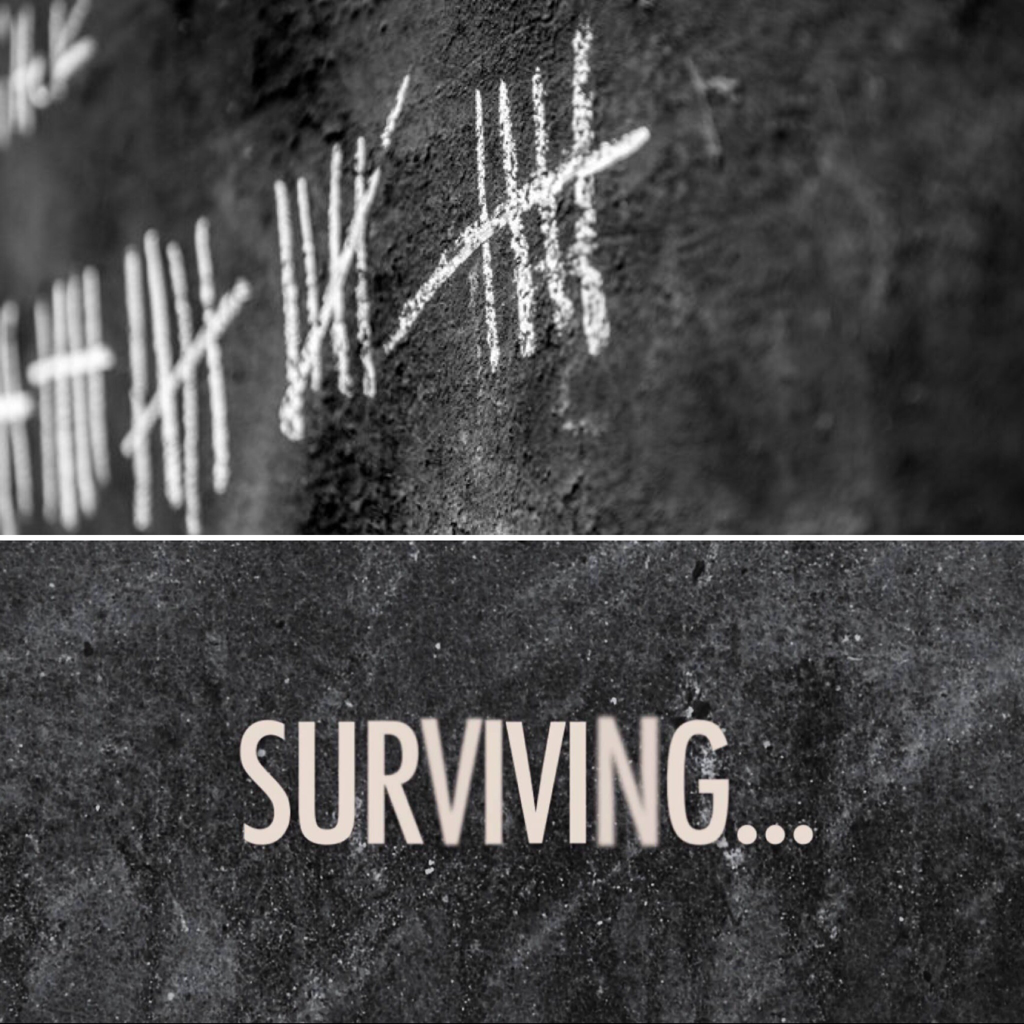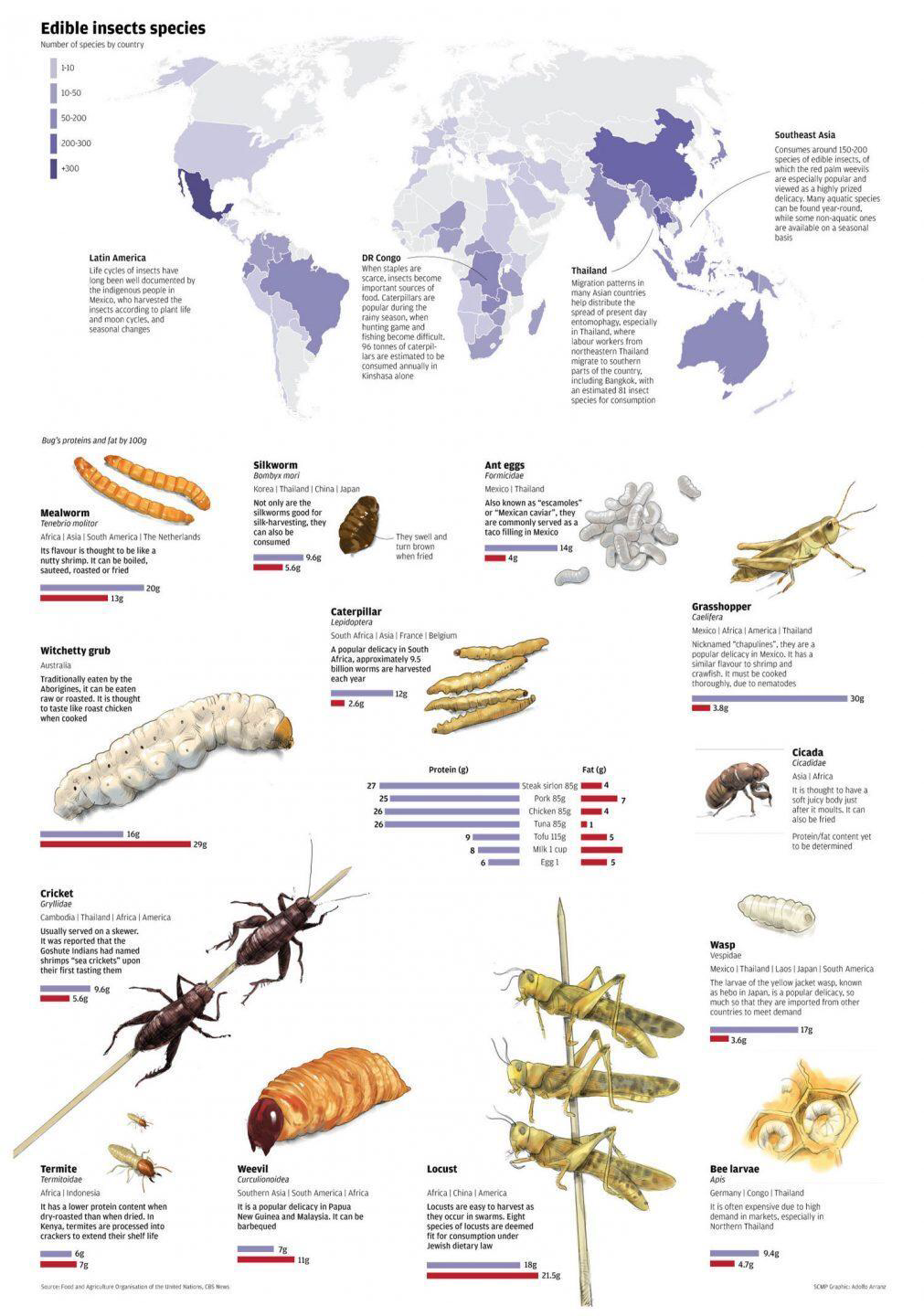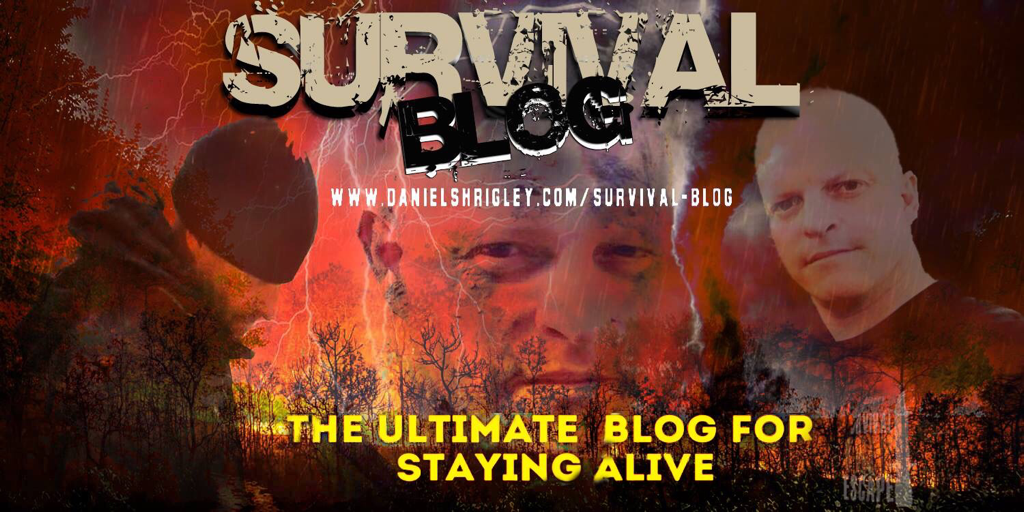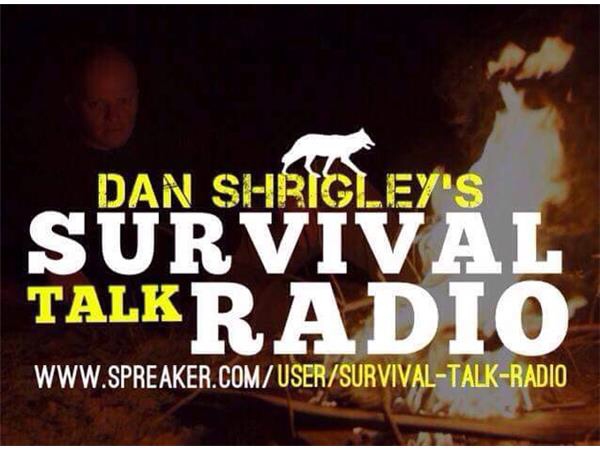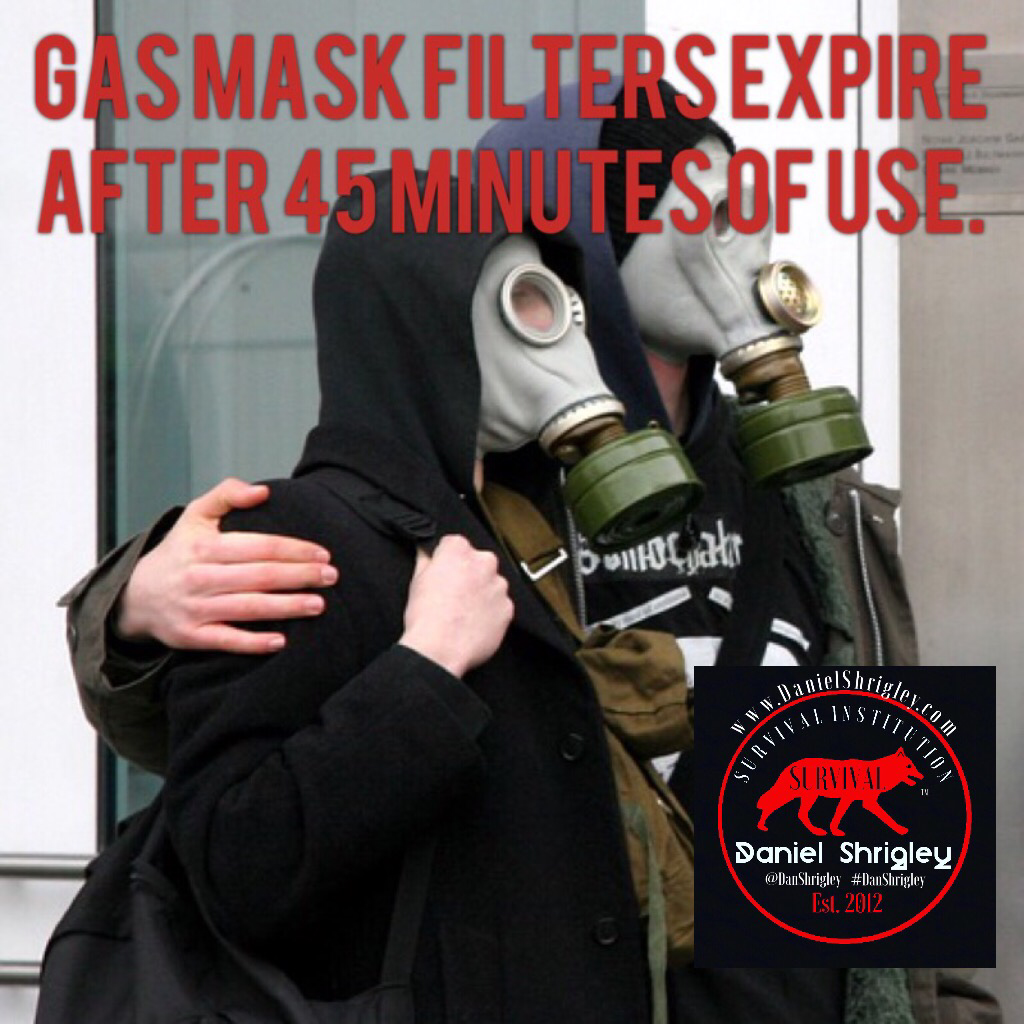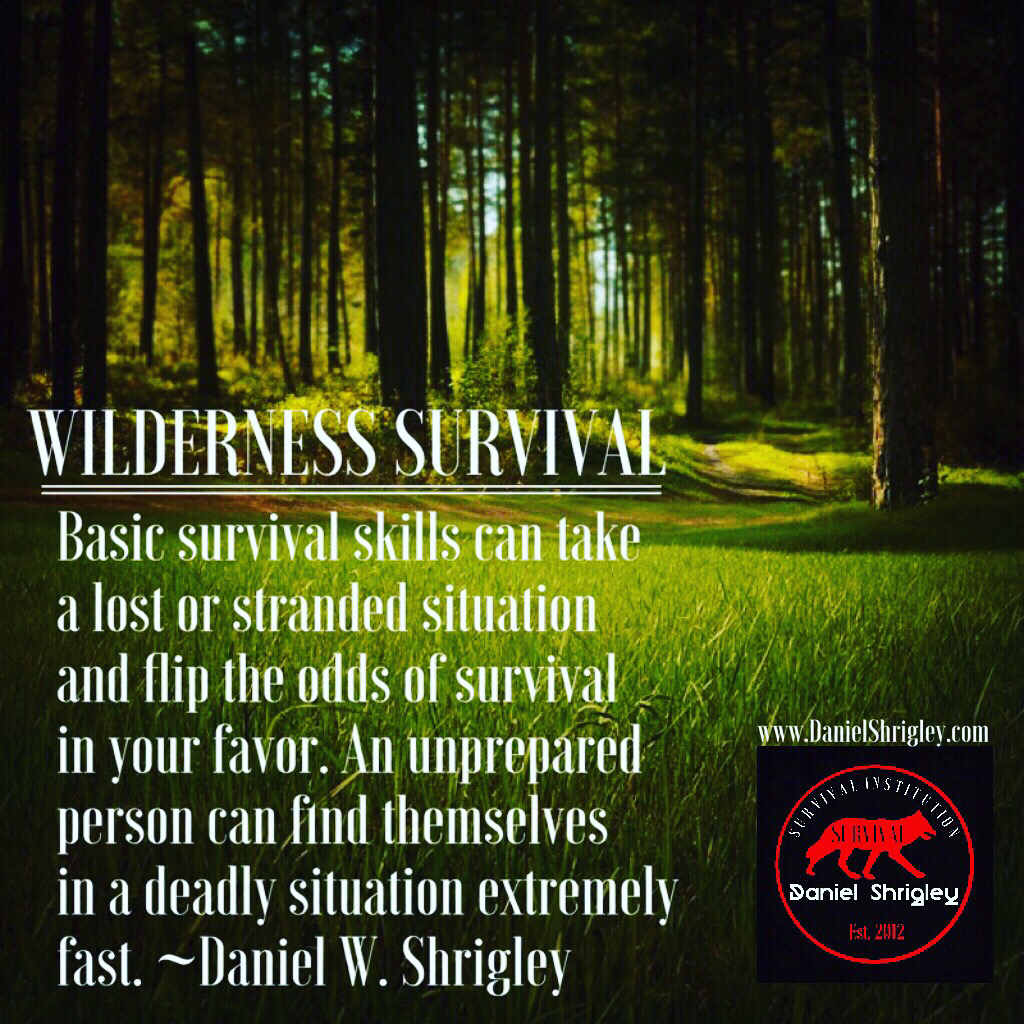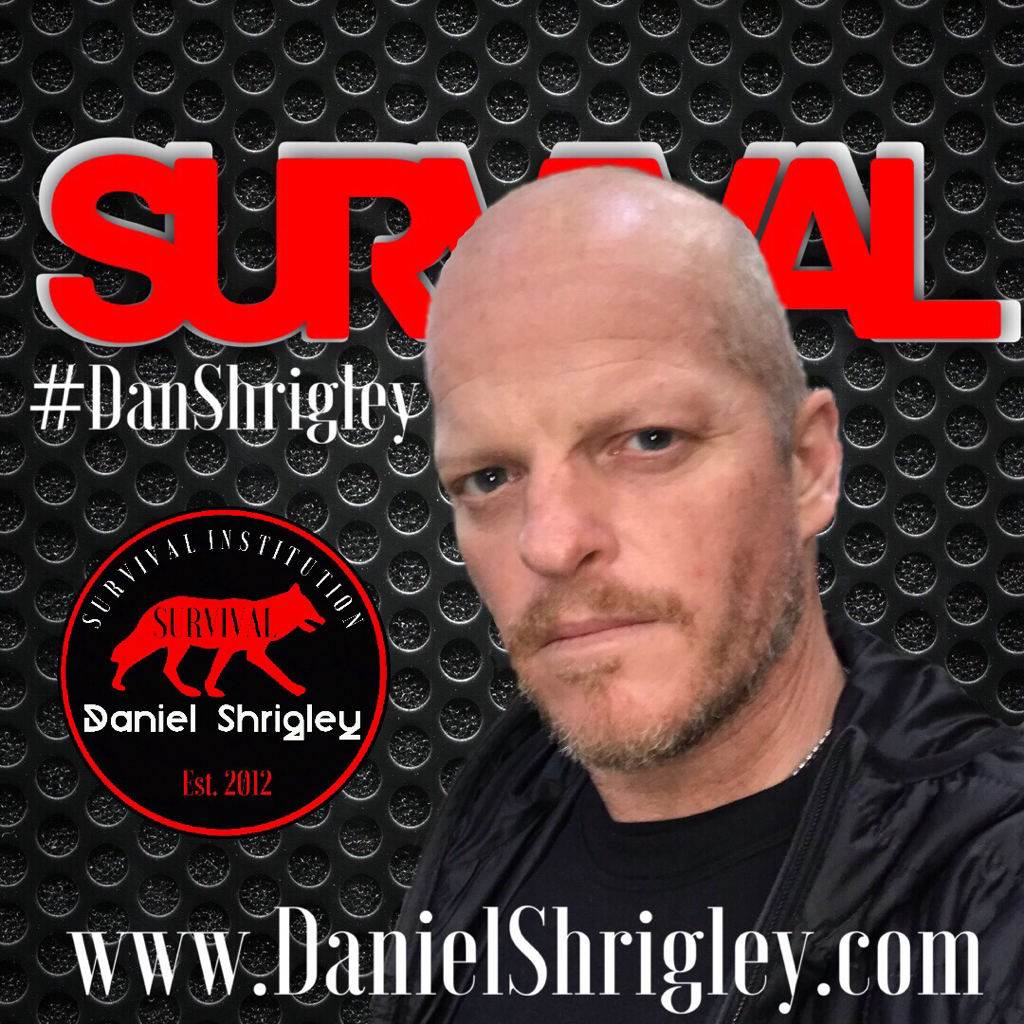History of Survivalism1/6/2023 Survivalism is a movement that has gained popularity in recent years, particularly in the United States. It is a philosophy that emphasizes self-reliance, preparedness, and the ability to survive in the face of disaster or societal collapse. Survivalists believe that the world is becoming increasingly unstable and that it is important to be prepared for any eventuality. In this essay, I will explore the history of survivalism, its key principles, and its relevance in today's world.
The history of survivalism can be traced back to the 1930s and 1940s, when a number of individuals and groups began to prepare for the possibility of war or other disasters. These early survivalists were often motivated by a fear of communism or nuclear war, and they stockpiled food, water, and other supplies in case of emergency. In the 1960s and 1970s, the survivalist movement gained momentum as a result of the Vietnam War, the oil crisis, and other events that led many people to question the stability of society. During this time, a number of books and magazines were published that promoted survivalism as a way of life. One of the most influential of these was The Whole Earth Catalog, which was first published in 1968
0 Comments
Best Fire Starting Method2/5/2020 What’s the best fire starting method for one hand not including lighters?
This question seems like the best way to answer is to advise; experiment for your self and put to practice what works best for you. Otherwise you’ll end up with a hundred answers or opinions and none of those might be a good fit for you. One of the best skill sets for survival is creativity. The ability to see something common, finding a practical use and make a tool. Fire 🔥 is a toolbox, it offers many variables a person can use to stay alive and live to see another day. It’s also a comfort and a necessity in most true survival situation outdoors. Fire is as diverse as bamboo. So, naturally you want to know as many ways to start a fire. In the Army we always teach our Soldiers to train as they fight and fight as you train. A person should know how to start a fire with many different methods and try doing so with a simulated injury when put to practice. Fire is something that comes easy at times, impossible in others. Environment really plays a role with fire and getting one started. Naturally fire comes easy with technology. However, remember the natives never had technology as a crutch. You have fire plow, fire thong, fire piston, hand drill, bow drill and flint strike to master. Focus on the primitive skills until you understand how to implement each and build your fire kits. Once all that is said and done then, only an idiot refuses to use technology. The primitive skills is what will save you if you got lost or stranded completely unprepared. Knowledge is power, bushcraft skills once mastered will never utterly fail you. If one doesn’t work, use another. Keep in mind, in your survival kit. Try to include tools that have three or more uses. Saves money and limits space occupancy. BAMBOO IS A GIFT BY GOD25/4/2020 Bamboo is the plant with the most diversity in nature. It’s edible, you can boil water inside of it, make tools and weapons. You can even make primitive fires (fire plow) friction fire and use it for first aid splints, crutches or walking cane. It’s nearly limitless what you can build with bamboo. I always call bamboo, ‘Mother Nature’s PVC pipe’ and building a shelter with it, you cannot go wrong.
#DanShrigley #Survivalist #Survival The Secret To Being A Good Survivalist23/4/2020 The secret to being a good survival tactician or survivalist is never stop being a student. Seek out knowledge from many sources, combine personal experiences and surround yourself with people that know more than you do. Learn all the primitive methods and bushcraft skills, learn botany, study plants and animals. Get a good grasp and comprehension on various weapons, firearms, tools, and preparations of food, weather, power and medical inventories. Excel at map reading, traversing terrain, map making, compass bearing, dead reckoning, terrain association and identification, celestial navigation, implementation of modern technology and tools, scavenging and recycling. Take it to the next level and learn as many geological and geographical environments and how to manage risk assessment and thrive in each. After that learn how to survive in urban environments and devastated areas. Don’t stop there, then learn biology cause that will help you truly understand the building blocks of life. Physics is another area you need to educate yourself on as well as the law of physics plays a huge role of what you can and cannot do. Astronomy is also another in valuable skill that you need to learn as it will assist you on your development when traveling without a map and how the world functions mechanically. Half the time I don’t wear a watch and can still look up in the sky and tell you the time of day down to nearly the minute. I can look at tell you all cardinal directions without using a tool or compass. I can look at the night sky and tell you what time it is and what direction we face. Chemistry is another invaluable skill one needs to learn survival because with that you can create tools, to assist you with many needs simply by using raw materials. One needs to learn about treating for trauma, and how to save a life or your own. Self defense is another skill that needs to be learned and there are many forms and styles so learn as much as you can. Learn law enforcement and military tactics, how to raid a house. Learn how to recon an area or collect human intelligence on an adversary. Learn how to sail a boat, fly a plan or helicopter. All these things you learn will push you further and further in the world I exist within as a survival expert. Everyone has things they are good at and things they need to improve. Put a lot of effort towards honing skills your not good at so that you can rise above your own limits. Learn scuba and skydiving. Become an explorer but do so smartly and always being a buddy. Do risk assessments before you execute your refine plan of action. Learn how to use signal and communications, take a ham radio operators class and get your license. Remember all skills are perishable if you don’t put them to practice so get out and use these skills. You should have a library of survival books and magazines that you read. Watch videos, make your own videos and create a viable social media following or YouTube Channel. More people watch YouTube and Netflix than they do television. The cool thing is anyone can make a YouTube channel. You don’t need History Channel, NatGeo or Discovery Channel to make you famous. There are many outlets that you can gain followers, subscribers and earn income. Target your market and start out small and build as you go. Network, get to know the people out there with similar interests and you will grow naturally.
This is what I did, these are the things that I do. This is why I have had so much success in my industry as well as books, radio, television and movies. My number one goal is to save souls for Jesus, and save lives by teaching how to survive. I’ve taught everything from how to shoot, how to navigate, how to survive, how to be a prepper, the list goes on. You can do it too if this is what you want to aspire too. When it stops being fun for me only then will I stop and find something else. Stop listening to people telling you what you cannot do or shouldn’t do. Get out there and do what makes you happy, pays the bills and don’t stop until it stops being fun. The more people hate on what I do the harder I do what I enjoy doing. You only get one life so get out there and live it. Jesus loves you! Pray and ask for his love and forgiveness daily. Daniel Shrigley Survivalist SURVIVAL INTERVIEW10/8/2019 A #SURVIVAL CONVERSATION BETWEEN #DanShrigley #Survivalist and a #Professor and #Author in social psychology at emlyon business school in France.
Dear Daniel, My name is Christophe Haag. I am a professor-researcher (in social psychology) at emlyon business school in France and the author of several general audience books published in major publishing houses in my country. I am also a columnist for a well-known show (Le Magazine de la Santé) on a national TV channel (France 5). My last book (published this year) focused on "emotional contagion". I had interviewed astronauts (Clervoy, Tognini, Favier, Baudry), negotiators of the RAID (the equivalent of the SWAT in the United States), survivors of : the Andes Plane Crash (Nando Parrado), the Everest (Mike Groom) and the K2 (Wilco Von Rooijen) etc … I am contacting you because I have just started to write a new book (which should be released in 2021). This book is about "luck", and especially about our abilities to master "luck", to tame it, to trigger it. I will interview several people who had unusual destinies and who could, through their accounts, bring -to the readers- elements of understanding concerning luck. Some parts of the book will be written like a novel. In such a vein, I naturally thought about you and your extraordinary life and expertise as a survivor. Would you accept to correspond with me (by email) for a few weeks/months (I will do the interviews until the end of 2020). You could answer my questions (5-6 max, spread over time) at your own pace, according to your constraints. I will be very honored if you accept to join this adventure ! With Kind regards Chris Hi Daniel and many thanks for your quick reply. Here are my questions : Q1 : I will interview the sole survivor of a Flight which crashed into a mountain in the 90s. She survived eight days in the jungle with multiple injuries. What are the 5 advices (or more) you would have given her to increase her chances of survival in the jungle. A1 : My advice is always of common sense. First we need to acknowledge what the fundamentals of survival consist of so that there’s a standard set for all humans to operate from in a survival event. • Fire • Water • Shelter • Food The above are the four main priorities that humans must have to stay alive. These do not have a specific order of precedent. Each survival scenario is unique to itself. What determines the order is the survivors need at the time based upon what’s challenging the individual(s) safety or comfort. The main important factor is to defeat the elements of nature that oppose you, putting you at risk. In survival situations we must always mitigate risk to our safety. Fire is not only used for light, warmth, and cooking. Fire is also used as a disinfectant, cutting tool, purifier, insect/rodent repellent and for signal and communication for rescue. Next I will explain the priorities and fundamentals of survival. Fire brings civility to a individual and offers a creature comfort. Watching the flames flicker brings a calmness and sense of security. Fire is needed to boil water so that it’s potable and purified for consumption. A person cannot survive longer than 3 days without drinking water. If you don’t purify water in Mother Nature you risk drinking contaminated water that has parasites such as malaria, cryptosporidium and gerardia for example. These will not only make you very sick in time, they can lead to severe medical conditions and even death if untreated. Shelter is used to shield you from the cold, sun, wind, dust, rain, and animals. It’s important to know what type of shelter is needs for the specific environment one is within and elements you are countering. There are a variety of shelters a person can fabricate from available manmade and raw natural materials. A person will need to have a basic understanding of their unique survival situation and what’s available to them at their location. It’s also important to insulate yourself and the shelter in colder climates or wet weather. If it’s hot make a shaded area, if it’s raining make a roof. In the jungle its very important to have relief from bug bites. Using mud as a skin barrier is typically the first thing a person can apply to the skin. A fire scares away most insects, but not all. Tossing green vegetation on a fire will cause smoke. Food is the least important thing a person needs in a survival mode situation. You can survive for 3/4th of a month without food before severe starvation occurs. 3 is a general guideline for survival. 3 minutes without air, 3 days without water and 3 weeks without food. Food is the trick in a survival situation because it involves creativity and knowledge. First you need to know what to eat, how to get it and how to make it edible. You also need to identify what is poisonous, what has nutritional benefits worth the energy output for consumption. Whenever traveling I suggest that people take time to learn in advance five edible plants, five insects and how to make traps and fishing tools from raw materials. Making cordage for raw plant fibers, how to use what’s available to you on your person or in you inventory on hand for the before mentioned. Additionally a person would fare better having knowledge on terrain association and identification to travel and how to orient themselves. Knowing cardinal direction finding by use of the sun, stars and methods such as reading plant signs and sundials or shadow tip. More advanced would be the use of static electricity generated off ones body to make a compass using a thin wire and leaf floating in calm water. In a survival situation such as a plane crash all experts suggest that the survivor stay near the down aircraft to increase the odds of being spotted by search and rescue personnel in the air and on land. You want to make a visual sign using what’s available to you to attract attention of people to your location. Signs can be in many forms and you can use your creativity to maximize your efforts. Using contrasting colors on the ground and writing S.O.S. or help! Using contrasting smoke signals to the terrain will also help the efforts. Conservation of calories and energy are important as well as being hydrated. Getting past the yuck factor of eating certain protein in the form on insects and rodents is also key. Avoid eating anything you are unsure of in nature, especially reptiles, beetles and always cook your food when at all possible. Many critters carry parasites and worms, you don’t want those in your system. Q2 : What do you think is the most likely critical situation that we, humans, should be preparing for in the near future? And what advices would you give us to increase our chances of survival in this situation? A2 : All Peoples should have working knowledge on surviving in the outdoors, specific to their local or anticipated environment. Aside of that all peoples should also know how to survive and be properly equipped with basic necessity to endure weather, accidents, vehicular and medical crises. With natural and manmade considerations in mind. Active shooters, fires, earthquakes, floods, terrorism and civil unrest being common place events in recent times. The average person my mass population is more likely to endure weather than any other type of survival related event, second would be medical emergencies and they would benefit by knowing first aid, CPR, self aid or self rescue. Third would be criminal victimization and people would serve themselves well to know self defense and be physically fit. We can control our own luck by taking time to obtain knowledge and inventories to better our own odds. When you plan ahead you limit your risk and maximize your survivability. Taking charge of your luck so to speak. Q3 : As a survivalist/survivor, what is your definition of luck? A3 : Luck for a survivor is anything that is in your favor or makes surviving easier on you. Luck is a constant in survival. Can come in the form of a near miss. Something that can harm or kill you just misses you. Luck can be that water or food source that you needed and was uncertain you’d locate and obtain. Luck is sometimes as simple as getting that fire started after a large amount of effort has been exhausted. Luck can be dramatic in that you were finally found by someone that can rescue you from your predicament. Finally luck can be that you are the lone survivor and were able to rescue yourself because you had your skills, knowledge and the creator on your side. Q4 : Could you please describe in detail a critical situation (which would be exciting to read for my readers) in which you were very lucky. With hindsight, how do you analyze this situation ... A4 : Once when I was 22 years old I was riding a dirt bike in the outskirts of the Grand Canyon while on leave from the Army out of Fort Polk, La., when I ran out of gas on a trail. Back then my navigational skills were just developing. Essentially I was lost and stranded. I had no way to call for help. It was getting late in the evening and I knew I was at least 30 miles from town. I was not native to the area as I was visiting with friends and told them I’d be back in two days. So I knew they wouldn’t be wondering about my whereabouts until then. Even in two days, I would still not be known by them as to my location. So, I had to find away to stay calm and consider staying warm as the temperature would drop when the sunset, especially in the dew point hours of the morning sunrise. I had on me a zippo lighter. With the little bit of Boy Scouts and Military skills I possessed I knew enough to make fire and a shelter by using terrain to shield me from the wind. In the Army I was accustomed to forced marching. I also knew that the sun rises in the East and sets in the West. However it was cloudy and I had to figure out a way to know what direction was East back to town. My only shot was when the sun broke the horizon that’s the first light. I had to walk toward first light. I was able to stay the night, wake up in the morning and head east. It took me a long time to find water to drink, in my youth I was not as wise as I am now. I had only one bottle of water on me and I drank half of that the day before. I eventually found a barrel hook cactus that I could suckle off of for moisture on my lips. I started walking, it took me approximately 28 hours to walk 30 miles through rough terrain and get to a payphone. With hindsight I now know never to venture off on one tank of fuel without a spare reserve. I also know to take plenty of water and communicate my whereabouts and to always stick to the plan and not to deviate. Know we have cellular phones with gps tracking, a luxury not available back in 1996. However when out in the vastness of the wilderness we cannot rely on cellphones to have signal and unless we have a power source a phone battery will drain and power off. So now it’s best to have all these considerations in mind and plan ahead, also don’t venture off alone. Take a survival kit for you and your vehicle. Q5 : same question (Q4) but this time with a situation in which you had bad luck. A5 : When I was in my youth I was kayaking down the Skagit River in Sedro~Woolley, Washington and I was going down stupidly without a life preserver. As a stroke of bad luck I slammed into fallen trees that the current took me into. When I was flung out of the kayak into the branches I had the blunt force of the current pushing against my body, pinning me to the branches slowly taking me under water. I truly fell helpless and though I was going to be pulled under and possibly drown. Apparently a man was fly fishing down the river from me and spotted my kayak. I remember him to this day, his name was Jed. He came and found me by a stroke of luck and tried to pull me out of the water. I felt a hand reach down and grab the back of my collar and pull at me. My face was going under and I was gulping water. He finally got a good grip and yanked me out and I was extremely cold and coughing up water. Lesson learned is never enter the water without a life preserver and never go alone. No matter how strong of a swimmer you might be you cannot control unforeseen circumstances. Assume the worst can happen and plan for the worst to happen. It’s better to be prepared then not at all. Q6 (final question) : Do you have anything to add on this question of « luck »? A6 : Luck is something that can come as a fluke and had it not come to you the outcome would be either minimally different or catastrophically different. If we stop and plan for the basic common sense needs Incase a survival situation does occur we can thereby create our own luck. The idea of planning and preparedness is to minimize the need for luck. Q7: Since you are thoroughly in the practice of survivalism, what are the benefits observed in terms of your personal development. Has your psychology changed over time? (because one would think that by seeing the dark sides of humanity, all potential risks, disasters, an individual ends up completely paranoid). A7 : What benefits myself or anyone is the comfort of knowing you have your bases covered to the best of your ability when you are armed with knowledge, skills and inventory. It’s important to self examine and evaluate your own levels of survival knowledge, abilities and inventory. I like to consider myself a student first, before I think of myself as what other say is a expert. I just want to be the best tactician I can be and that involves a continuous hunt of seeking knowledge. I always tell my students that the more they know, the less they need in the way of inventory. Bushcraft knowledge is the understanding of taking raw natural materials and fabricating tools that work to help you survive. The Survival Mindset is incredibly important. The mind is very powerful and you can stress yourself so badly that you end up in a panic which leads to injury or death. It’s vital that people remain calm and calculated when in a survival situation regardless of type. Sometimes life throws a curve ball at you and unless you pause to evaluate the situation, you may succumb to a undesirable fate. (S.T.O.P. Sit • Think • Observe • Plan) My psychology has developed overtime. I have become situationally aware of my surroundings. That stems for my professional background as a Professional Soldier, Armed Security and Law Enforcement Officer. Survival has many types of threats and being situationally aware of your surroundings looking for an escape ahead of time, should a need arise to escape from harms way is preparedness. My survival mindset forces me to exercise what I consider common sense approaches to my personal daily life. I operate differently than the average person. I never leave myself vulnerable to a threat be it natural or manmade. I also function calmly in the face of emergencies and remove emotions during a time when most people panic. I prioritize the levels of importance, focus my efforts on what I can positively effect versus waste time of something that can be dwelt with after once the crisis concluded. I find that my own psychology is challenges less the more intellectual I approach a situation. To be intellectual about a survival situation comes from experience, developed knowledge and being properly equipped with the right tools or knowledge of fabricating tools. Creativity is a major component that one can use to think outside the box in any survival mode situation. There are many dark things people encounter in daily life that is far worse than being lost or stranded in the wilderness. People typically know what their immediate needs are; they know when they are cold, hot, hungry and thirsty. They will instinctively seek to satisfy their personal requirements. However someone battling stage 4 pancreatic cancer has a whole different situation physically and mentally to survive. One cannot necessarily be prepared for a medical survival diagnosis or tragic trauma. However we see people every day survive and triumph through some of the most horrific medical experiences that are life altering. Survival is a mindset, and no matter how good you are at it sometimes you cannot control the final outcome. In the worst cases it’s sometimes how are you go out that was your best survival, with your chin held high. We must come to an understanding that we all die at some point, In this life of survival our goal is to live as long as we possibly can before the inevitable death. Q8: Can training in survivalism have direct consequences on other aspects of everyday life (not necessarily linked to survival)? Can it increase your chances of doing better in life, having a better life as a couple, etc or something else. Maybe you have had feedback from participants attending your training/courses. A8 : Survivalism can have a positive impact on somebody’s every day life because they have a sense of security not only physically, mentally and technically. That security/comfort comes from experiences, training, knowledge, skills and ability. The trick to being a good survivalist is being efficient without inventory, but smart enough to possess inventory to make things easier. Being mechanically inclined, properly trained with trauma care in first aid, knowing how to render self aid, understanding self-defense with hand to hand combat and or weapons. Knowing truly how to be situationally aware of your surroundings and what you can do to mitigate your risk at home, work, on the road and in public venues. The toughest survival situation is always going to be in my opinion a medical diagnosis. No matter how prepared you are with knowledge or inventory somethings are going to be out of your control. The best mechanism for survival is a proper frame of mind with a positive ideology. Being in a survival mindset offers a sense of security not only to yourself but to those around you. The goal is to make all people secure within themselves reinforced with survival knowledge to survive mother nature in man-made events. There are families that do preparedness for survival. Which is highly encouraged, every home, workplace, office, public venue and all vehicles to include boats and planes should have survival kits and survival handbooks. Survivalism is very broad, there are many types. From outdoors to terrorism, weather and incidental people need to be prepared both physically through fitness, mental fitness, knowledge, experience and inventory that is specific to work confronts or challenges them. If you live in a floodplain you should be prepared for floods, if you live in a tornado zone you should be prepared for tornadoes. If you live in an earthquake prone area, wildfires you should be prepared for those. If you live in a high crime area you should be prepared for criminal activity. I suggest people take a survival course that teaches the basics of survival utilizing bush craft skills on how to use raw materials to make traps, fishing line, shelters and fire. Take a class on how to traverse terrain and navigate using a compass and map. Take self-defense classes, learn how to disarm somebody with a knife, a gun and if legal in your country use a firearm safely and accurately. The objective of survival is to live to see another day, and to live as long as possible is a life goal. We have talked about water procurement, the need for fire, shelters, food in the basic necessities to defeat elements. You can always expand and learn critical skills like how to do basket weaving, make a blanket or need a sweater. I suggest people get on social media video blogs and learn life hacks, watch do it yourself videos. Get out there and use the fire methods, bow drill, hand drill, fire plow, fire thong, fire piston, and metal matches or fire strikers. Learn how to filter water using sand, gravel, grass, charcoal, cloth and vegetation. Learn how to fix a flat tire, jumpstart your car and repair a headlight for example. Survivalism is comprised of a lot of common sense. Being a good survivalist Consist of outside the box thinking in the utilization of creativity. Understanding plants and animals as well as insects, knowing what is edible and what to avoid that is poisonous. What animals can hurt you and how to protect yourself. Learning different forms of signal and communication so that you can be rescued. And sometimes the most important thing you can do is to put faith in your creator. There are survivalists that are extremist intent to put themselves in fabricated survival situations. I do not recommend anybody purposely puts themselves in a situation that they must enter survival mode. Anyone that goes out with a full inventory to test their metal in the outdoors intentionally is not in survival mode, however they are camping. To be in survival mode a person must at some point be in an uncontrolled environment, utilizing skill knowledge experiences and action to take control of their own situation, and then attain rescue or self rescue. I think that I am a better person because being a survivalist I have a positive outlook on life that carries over to those around me in my day-to-day life. Daniel, sorry for asking you a very last question but your case is so interesting to study 🙂 ! Q. approximately, how many times do you think you have escaped an imminent death? could you list, synthetically, line by line, the different ways you could have already died oil now (by specifying each time 1/ the cause of the escaped death, 2/ your activity at moment, 3/geographical region). example: line: nearly drowning death while falling from the canoe on such river of the globe. Ok for you? Sure the readers will appreciate 😉 Answer : That’s a great question, and I will have to sit and try to remember. To answer this question I will be more liberal with what’s considered what I consider to classified as escaping death. The day I was born essentially I was a survivor and during the three months after my birth all I went through as a premature infant. My birth mother Helen was 4ft 11 inches (U.S. Standard of Measurement) 149.86 centimeters (Metric). She was 16, a teen pregnancy. My mother was by all standards very petite. During her pregnancy she developed a condition known as toxemia. Her body was rejecting the baby. My mother ended up giving birth to me at 7 months rather than at carrying me to full term. When I was born as a premature infant I had under developed kidneys as well as a common condition known as jaundice. I weighted 2lbs and 13 ounces (U.S. Standard) at birth. I was a very tiny new born and my parents could not take me home for three months. For the first three months I was fighting for my life and in a new born incubator. They had to hold me at the hospital until me kidneys we developed enough to take me home. As you can see I was born a survivor out the starting gate. So as I grew and got older I was your typical little boy and loved to play. I had a fairly safe childhood up until age five, that’s when I suffered the most horrific experience of my life up until that point. I was outside playing and went to my next door neighbors house to play with a child my own age under the supervision of my mother from the house we lived in within a rocks throw. All things were good until I got to the house. At my friends house all the kids always entered through to back kitchen doorway. On the porch was there family pet, a German Shepherd that was a unfriendly type. I never had an issue with the dog in the past because I was always with it’s owners. However this time around I was all alone. I was a little naïve at that age naturally and saw the dog had something it was chewing and told it to drop it out of its mouth. The dog without notice launched itself at me and bit my face, causing a deep two inch laceration on my nose just barely missing my eyes. Needless to say I never ran faster to the safety of my mother in my life. Of course I was taken by ambulance to the hospital and treated. This was in California, USA. So police, animal control all showed up. Later in the years I was informed that the same dog attacked the owners new born and had picked up the baby shacking it by the neck nearly severing the jugular almost killing the baby. The dog was destroyed by the city of Hayward because it was to dangerous having the taste for human blood and two known attacks. Later, after a few years passed I was 12 years old living in Big Lake, Washington up by the logging truck roads that lead into the mountains. I always rode on a off road vehicle with four wheels known as an all terrain vehicle or ATV. This was a fast little dirt bike on four tires that were big and bouncy if you hit a bump. I hopped on this machine as went riding and exploring. I was moving along at a fast pace up a logging road and at a point I was coming around a turn up hill when my left front tire hit a large protruding rock and the ATV bounced towards the right off the side down a ravine. All I could see was trees passing past me and one I was headed towards head-on! All of a sudden I went end over end and was flung forward over the handlebars. The very heavy off road vehicle with all it’s weight came full force landing on my face, cutting my upper lip in half. There was blood everywhere and all over my flannel long sleeve shirt I got at Christmas from my mom. I took off my shirt and put it over my lip, I could feel it was disfigured. At the particular moment I was more concerned about getting into trouble for the 4X4 being down a ravine up in the mountains than I was worried about my injuries. I climbed the best I could up the slippery ravine to the road above. I could see a lot of blood pouring all over my arm and down my chest and stomach. I started to trot my way home. As soon as my mom saw me she called for the ambulance. I was rushed to the emergency room at the hospital with lights and sirens blaring loud all the way there. I can remember being put on a backboard with a neck brace. I was strapped down firmly. Up until this point I had only had butterfly bandaids on my nose. This time however I experienced the sting of being stuck with needles inside my wound which is when I felt pain. I was only 12 so I was naturally crying and squeezing my moms hand until her hand turned pale white. Poor mommy, she must have been a nervous wreak because I was her first child and she was so young. Eventually I healed and had to live with scars on my face all my youthful years. As I got older the scars faded away and I am so used to them that I barely notice myself. You know upon reflection I was not obeying rules. I didn’t have a helmet and I was farther away from the house than I should have been. I could have sustained a serious injury and been stuck up the mountain and nobody knew where I was at the time. I was very lucky I didn’t break my legs, arm or neck. Many years passed by and nothing really transpired that was life threatening until I joined the Army at age 21. I was assigned to U.S. Army Base Fort Knox, Kentucky for 16 weeks of occupational single unit training (OSUT) at the armor school in 1995. I was in basic training and combined advanced individual training Military Occupational Specialty (MOS) 19 Delta Cavalry Scout (Recon) to be a lethal killing machine and eyes for the commanders on the battlefield. I arrive at Fort Knox on April 5th 1995. It was a very fun and also demanding experience on all us new recruits, some men left during training to go home but most graduated. I however have a different story and I ended up staying there a few months longer. All Soldier perform physical fitness training in the Army to build strength and endurance. I was doing very well hardly the fastest or strongest, but not the weakest or slowest. One activity we did was forced marching with rucksacks on our backs. We would load up to 50lbs, nearly all our go to war gear plus two canteens and trek 12 miles. It just so happened to be a very hot and humid Kentucky day. We were a few miles into our March cutting through rough terrain via trails. The heat was getting the better of me as I was sweating profusely to the point that my uniform and boots were saturated. Water droplets of sweat were dripping off my uniforms elbows and sweat was in my eyes. We had about four more miles to walk and I had filled up my water canteens at our last pause. I was drinking water while marching. I started falling back slowly from the front. Before long I found myself in the rear as we were cutting across tall wild grass. All of a sudden I could feel my body cramp and my legs locked up. I felt my chest get tight and I hit the ground like a board falling. The cramp was sever and all I could do was call for help. The next thing I know I’m on an Army Field Ambulance being taken to a helipad and I can see a medivac Blackhawk helicopter hovering above me. I get loaded up and taken to the Army Hospital by airlift. I was told that I had been electrolyte deprived and suffered from overly drinking too much water that it became poisonous to my body. The staff at the hospital gave me ivy bags and put me on light duty for that week. Doctors said I had a heat stroke. That’s pretty sever by any standard medically speaking. I was pushing myself because I refuse to quit and I ignored all signs of heat casualty. I almost died had it not been for a Drill Sergeant that decided to walk back to check for stragglers. He told me he looked back and couldn’t see me die to the tall grass and thought nobody was there. But, something made him walk and he stumbled upon me passed out. Thank you Drill Sergeant Taylor. So after learning my lesson about heat casualties and the science involving water to electrolytes ratios, I ended up getting back to duty. A few more weeks passed by and we started taking on severe weather in the form of heavy rains and it was hot. It was now June nearly July 1995. I was sleeping on my rack in the Army Barracks. I get woken up to the sound of all the windows being broken by wind carried rocks. We had just experienced a tornado hit the building and the park across the parking from our quarters. All the Soldiers were told to get in the hallway for our own safety. We rode out the night there until the all clear. The next day we ended up cleaning the barracks and the grounds. In the park approximately 20 trees were toppled over. We had Drill Sergeants with chainsaws cutting trees and we recruits loaded the wood into army five ton half trucks. That’s when I realized I had a hernia and it was ruptured. I was rushed to the hospital yet again and emergency surgery was conducted stat. I ended up being sent home to recovery and brought back to finish with a troop that graduated after my original group of men. I was then sent to continue with my military career. The next big scare was while driving down a country road in Sedro~Woolley, Washington up the Skagit River in 1997. I was driving and caught a blowout on a tire and that caused a swerve that took me into the soft shoulder of the road at a high rate of speed. The rear tire dug in the dirt and caused the truck to flip five times. I was knocked unconscious and yet again taken to the hospital. I had a concussion with a minor cut on my head and was treated and released two days later. In 1997, I had just finished a tour of duty overseas in South Korea. I was assigned to camp Gary Owen with 4-7 Cavalry 5 km south of the demilitarized zone otherwise known as DMZ or JSA. I lived within striking distance of North Korea’s artillery battery. After finishing my tour of duty in South Korea I headed home with an honorable discharge from active duty and a new contract in hand for the Army reserves. I was no longer going to be an active duty Calvary scout, I was headed towards my new army reserve unit as a military police investigator for the 341st Military Police Company out of San Jose California. I was excited because I was going to go back through school to be trained as a military police investigator for the United States Army reserve component. While enjoying my civilian life, I took a job in the security industry. My first security job as an officer was an armed, pulling duty understanding posts such his car dealerships at night. A couple weeks into the new job, I was working at a car dealership. It was around 2 AM, I saw a black patrol car drive past that was a security vehicle. Eventually the car returned and pulled into the property, out steps Leonard Montavo. Introduces himself, I shook his hand. He was the owner of the security company, and we ended up making a friendship that lasted to this very day in 2019. Leonard who likes to be referred to as Len, eventually Hired me, trained me, help me get my permit to carry a firearm, a baton and pepper spray. I work with Len for a few years. One weekend a month I would go do my military training for the military police company out of San Jose, California. Our specialty was low income housing in Oakland California and throughout the Eastbay of San Francisco and Alameda County. In the course of working with Leonard Montalvo and the company was titled Intervention Agency Inc., I had witnessed all types of crimes. Riots, Shootings, gang activity, drugs and homicides. At one point a statistic was given to me that I had collared during the course of my employment with I.A., 249 felony apprehensions and 535 misdemeanor arrests. Unfortunately because we are private company we were never given a conviction ratio. In 1999 I eventually went to the police academy and graduated with my 832 PC (Police Officer Post Certificate) aka POST. At that time I had taken on a second job working with the company under government contract with the San Francisco housing association, to provide security and law-enforcement duties while enforcing rental and property tenant requirements. I work for a company called personal protective services out of San Mateo California. My very first assignment was at the Alemany Street housing projects in San Francisco, a low income housing development funded by section 8 in housing and urban development. I work for us A supervisor by the name of Art De La Rosa, We’ve remained friends to present date. I eventually was transferred two other properties in San Francisco. The biggest property was Sunnydale housing projects, very high crime, dealing with every type of violent criminal and drug activity you can imagine. Predominately the community was comprised of minority low income families. 97% of the people that live there where fair in decent people, 3% of the people were not, they were criminal. It was that 3% that for the ensuing Years until 2002 I thought Crime on a daily basis. In that course I have witnessed shootouts between officers and suspects. I have personally arrested murder suspect red-handed at the scene of the crime. I have personally rescued rape victims and captured the rapist in the act. I have arrested and processed suspects for nearly every type of controlled substance on the streets. I have captured kidnappers and rescued the victims. I have been on search and rescue teams assists by way of mutual aid two other departments for lost in missing children that were found but not alive or never found. Needless to say I have seen the evil, the ugly, the selfish that society can offer. I have also seen some of the most beautiful things that society can offer in the form of human behavior, I don’t give up hope on humanity. On the other hand we had just been attacked in 2001 on September 11 by terrorists in the United States. The war effort by the Bush Administration for President of The United States George W. Bush had already taken us to Afghanistan and was about to take us into Iraq. Fast forward to 2004, I was on my very first combat deployment in Iraq during OIF 2, in Baghdad. We had a portion of the city zoned off with checkpoints a T-Wall barriers. We called the green zone, which later became known as the international zone. Of course we had small arms fire and ever so often we’d have incoming but mortar and RPG attacks by the insurgency. That’s always scary but as the war progressed the Army installed radar with extremely rapid fire guns that would track and target the projectiles and shoot them out of the sky. However I had two horrific experiences during that deployment. This was my first of a total five combat deployments that adds up to 42 months in hostile territory. So I was on checkpoint guard duty at checkpoint 12. The function of the checkpoint was to conduct searches of personnel and vehicles as a last line of defense to protect the safety of the green zone. The fear was always a suicide bomber at pedestrian search location. Second security concern was at vehicle search for a VBIED (vehicle borne improvised explosive device) otherwise a car bomb. It was approaching 14:00 hours Military Time which is 2:00pm for non-Military. We had been processing fluidly all day. Then all of a sudden I heard a loud explosions, felt a shockwave of concussion and seen fire and smoke plumes in the sky. I then heard screaming, followed by shouting and small arms fire. I was lucky for the fact that I was in a search area behind a barrier wall. I felt my life pass before my eyes as I was disoriented and my equilibrium was affected. My ears were ringing and I heard everything as it was muffled. I grabbed my rifle and cut the corner to see and evaluate my next action. As I walked from the 14th July Bridge as it was known, located in the checkpoint I was stepping over and around body parts. Roughly 19 humans died instantly and almost all the cars around the bomb were destroyed and on fire. The crater left behind was four meters deep and five meters across the diameter. There were bodies and body parts flung into the trees. 19 casualties were lost that day. No U.S. Military personnel were lost or injured, just rattled and happy to have survived. The psychology of an event like that sticks with you for a while, but we Soldiers know it’s just war. Love to fight another day. About four months later on a different checkpoint we called checkpoint 11, I have another VBIED detonate 200 meters in front of me. I was assigned to tower guard and overwatch. Pretty much the same thing happened seven people died. As I was standing in the tower a fragment from a car part flew at me like a projectile pinging off the tower. Again, almost died but survived. A few week later I was instructed to help a Staff Sergeant go pick up our hot meals food rations for the unit. We went and drove to the opposite side of the green zone to pick up food and return, which we did. On our way back to the forward operating base (FOB) known as FOB FREEDOM ONE, adjacent to the original embassy. We passed by the Green Zone Cafe. I had asked the Sergeant if he wanted to stop and get coffee and he said he couldn’t but next time we can. Right as we were getting ready to pull into our base we heard a explosion. Apparently a suicide bomber with a backpack walked into that exact green zone café and blew himself up and everybody in it. There were multiple casualties, at least 30 people died. I would have been one of them, had it not been that my supervisor on the detail was pressed for time. Another example of escaping death. I eventually Redeployed back to the United States, and was assigned Fort Hood, Texas. I went through a few schools for recruiting, leader ship as well as weapons, missile launcher (Javelin fire and forget individual shoulder fired rocket) and the school for chemical, biological, radiological in nuclear warfare. I deployed back to Iraq three additional times, each and every time produced casualties and bad memories of combat. It is very rare that I tell anything close to the war story, matter fact you will not find anybody that will read this and say that I ever talked about it before. Because I’m such a positive thinker I never dwell within the negative. That’s not what survivors do! You look at a situation or experience, you acknowledge it, evaluate it place a level of importance then move past it. I’ve had life-threatening close calls driving a car down the highway in the middle of the night, or driving a semi truck up and down a mountainous road worried that the brakes were going to give out. The first thing you need to do is look for ways to defeat risk, then defeat fear and after all that recognize your reasons for living and go live it! A person can throw away the rest of our lives by allowing one bad incident to occupy their mind and to prevent their thoughts from growing past it takes a strong person to get past and live a happy life. It takes a strong mind to not allow a memory that was unfortunate or victimized you to overtake your future. When you can take an experience and put it on the shelf and refuse to allow that to ruin your future and go out and live your life that’s when you can be like me and be a survivor enjoy life no matter what negatives you live through. The greatest thing you can do for yourself is to love who you are. ~ Daniel Shrigley, Survivalist & Veteran Benefits Of Edible Insects12/5/2019 Roasted Crickets 🦗 are actually very tasty. If a person can get beyond the yuck factor and just try it they will never be shy about roasting up crickets 🦗 and eating them ever again. I promise they actually taste very good. So in a survival situation I always teach to become familiar with five edible plants and insects common in the region you will be inside of and seek these out. Try them, examine and ensure the plants are exactly the ones you saw in your research. With plants there is very little room for error. This couldn’t be more true for fungi or mushrooms. If you’re a novice and have not been taught and blessed off by an instructor that has an expertise in plants don’t eat fungi or mushrooms on your own. Even if you have a book, simply because the difference between edible and poisonous can be very subtle. I strongly encourage people to study the universal edibility test. Strictly follow the guidelines within this process. However in a survival environment when the situation requires you can at least develop food options. What I do encourage is stay with high protein insects because they are easy to identify and few are poisoned to eat as long as you avoid parasite carrying species. Avoid eating all flying insects and beware that certain beetles do carry parasites than will grow into tape worms in your digestive system. Strongly advise that you cook to a crisp all insects with legs. I once saw a praying mantis that was smooshed having a black tape worm extracting out of it’s host body. Pretty nasty. Most people wouldn’t dare eat a maggot, however it you remove the head of the maggot you can eat it.
insects have higher protein per pound than red meat 50% more protein than red meat. Eventually the popularity will become widely accepted in western civilizations. The Asian culture embraced insects as a food staple long ago and has shied away from the yuck factor associated with eating insects. Gas Mask Survival Tip9/4/2019 (www.DanielShrigley.com)
#DanShrigley #Survival #Surviving #Survivalist #Bushcraft #Wilderness #Veteran #Actor #Filmmaker #PublicFigure #TelevisionPersonality #MovieActor #Acting #Actor #Talent #Entertainment #Entertainer #Educator #BrandAmbassador #Spokesperson #Fitness #Lifestyle #Gym #heath #California Archives
June 2023
|
All Rights Reserved, Copyright © 2012 - 2022 Survival Extreme Catalog Inc. All Rights Reserved, Copyright © 2012 - 2022 Survival Trek Escape. All Rights Reserved, Copyright © 2012 - 2022 Survival Talk Radio.
